bits of freedom
Filter by...
-

ENDitorial: YouTube puts uploaders, viewers & itself in a tough position
A pattern is emerging. After blocking a controversial video, YouTube nonpologises for doing so, and reinstates the video... just to block it again a few months later. The procedures around content moderation need to improve, but that's not all: more needs to change.
Read more
-

Will the evaluation of the net neutrality rules be balanced?
In our open letter we expressed our concerns about the study of the implementation of the net neutrality rules. Our letter focused on the possible conflicts of interest of the lawyers in charge of the study, as well as the risk of an unbalanced report.
Read more
-

Can you do independent research without being independent?
The European Commission is evaluating how the rules on net neutrality have been implemented across Europe.
Read more
-
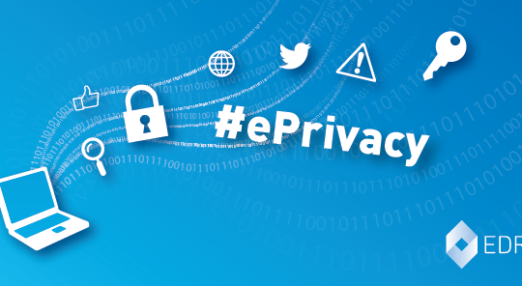
Your ePrivacy is nobody else’s business
The right to privacy is a fundamental right for every individual, enshrined in international human rights treaties. This right is being particularly threatened by political and economic interests, which are having a deep impact on freedom of expression, democratic participation and personal security.
Read more
-
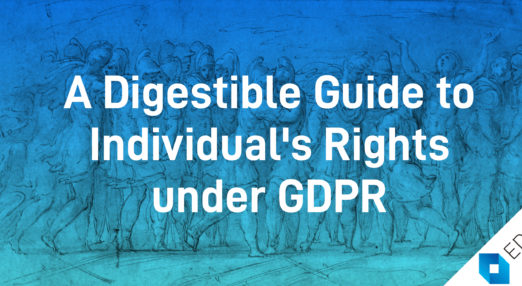
A Digestible Guide to Individual’s Rights under GDPR
The General Data Protection Regulation went into effect on May 25th and Privacy Policy updates have been flooding inboxes. GDPR enhances everyone’s rights, regardless of nationality, gender, economic status and so on. Unfortunately, the majority of individuals know very little about these rights and GDPR at large.
Read more
-
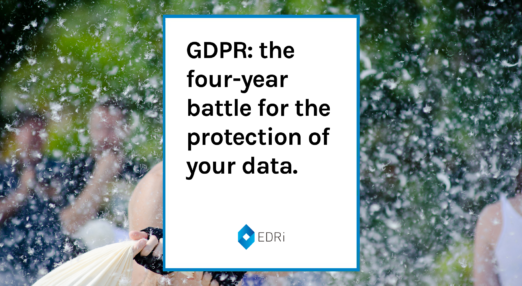
The four year battle for the protection of your data
We were up against the combined resources of the largest multinational corporations and data-hungry governments, but we also had two things in our favor: the rapporteur Jan Philipp Albrecht and his team were adamant about safeguarding civil rights, and in 2013 the Snowden-revelations made politicians more keen on doing the same. Against all odds, we prevailed!
Read more
-
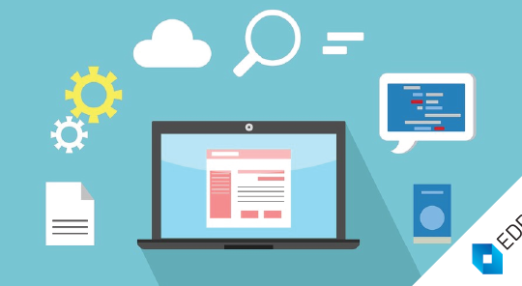
ENDitorial: Can design save us from content moderation?
Our communication platforms are polluted with racism, incitement to hate, terrorist propaganda and Twitter-bot armies.
Read more
-

New Dutch law for intelligence services challenged in court
On 21 March 2018, the Dutch voted in an advisory referendum on the new Intelligence and Security Services Act. A majority of Dutch citizens voted against the law in its current form – a clear signal that the law is in urgent need of reconsideration. EDRi member Bits of Freedom has been fighting against important parts of this law since the first draft in 2015, so the outcome of the referendum comes as a positive news.
Read more
-
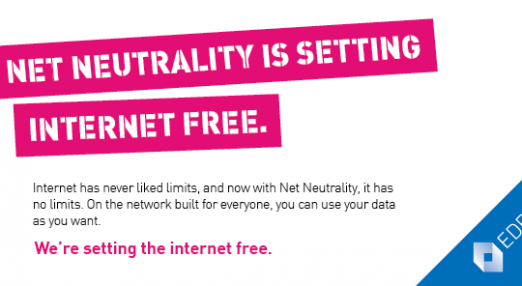
T-Mobile treats everyone equally unequally
The Dutch national regulatory authority, Authority for Consumers & Markets (ACM), has again decided that the mobile operator T-Mobile does in fact respect European net neutrality rules. EDRi-member Bits of Freedom believes the decision of ACM is short-sighted. On 8 February 2018, the regulatory authority published its decision on our objection to its decision on […]
Read more
-

Don’t make your community Facebook-dependent!
Facebook is to invest tens of millions in “community leaders” – on the condition that the community leader uses the “Facebook family of apps and services”. EDRi member Bits of Freedom argues for reducing the role of Facebook in your community.
Read more
-
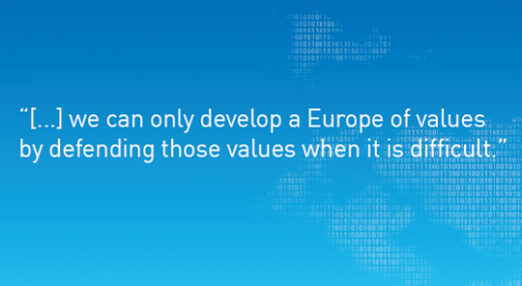
You can’t uphold the law by breaking the law
The Alliance of Liberals and Democrats for Europe (ALDE) invited EDRi member Bits of Freedom to speak at their annual New Year’s Seminar. Hans De Zwart, Director of Bits of Freedom, talked about how the rule of law can only be defended by the European Union taking an exemplary role including by strictly adhering to […]
Read more
-

Dutch mass surveillance law receives two BBA nominations
Until 9 November 2017 people in the Netherlands could nominate individuals, organisations and companies for a Big Brother Award. The three most “popular” nominees are now in the running to become the biggest privacy offender of the year. Two of the three nominees, Christian Democratic Appeal (CDA) parliamentary party leader Sybrand Buma and the Cabinet, […]
Read more
